Robin White Goode wrote a piece for Black Enterprise of Financially CLEAN’s earlier workshops with Brooklyn high school students. Robin captured the environment of a CLEAN session where financial literacy is presented in a fun and informational manner. You can visit the original article or just stay put and scroll on down. Thanks to Robin for help spreading the word about our mission.
Shaun Lynda, co-founder of Financially CLEAN, stood at the whiteboard and defined financial terms like annual fees, late payment fees, and annual percentage rate. Most of the 13 African American high schoolers he taught listened quietly, but a few boys laughed out loud.
“Don’t loan him any money!” one said, pointing to his friend.
“OK,” Lynda said, moving away from the whiteboard to the thicket of boys in the center of the room. “How many of you know him as someone not to lend money to?”
Hands shot up.
“So he’s got a bad credit history,” Lynda surmised. “What’s his credit score?”
“Zero!” the boys yelled out in a chorus.
“You see?” Lynda drove his message home. “Having a funny personality only goes so far. If lenders lose trust in you they won’t want to lend you money, or if they do you’ll be charged a lot in interest.”
Demystifying Money
Watching Lynda interact with the students, I understood what he’d meant when he told me earlier that his classes are informal and fun, but they are seriously changing lives.
“One girl in my class went home and taught her mother everything she was learning,” he told me. “The mother went on to get her real estate license.”
Lynda and his co-founder, Dionne Nicholls, are convinced that equipping the next generation with financial knowledge is the key to lasting, empowering change.
“A lot of these kids see the glamorous lifestyles that celebrities lead and want to emulate that,” Lynda says. “But I tell them to buy real estate and let their investment fund their lifestyle.”
For the most part, finance isn’t taught in schools. According to a 2014 study by the JumpStart Coalition for Personal Financial Literacy, 95% of high school seniors are financially illiterate. It’s not much better for college graduates, 75% of whom are also financially illiterate—which probably explains some of the nation’s $1.3 trillion in student loan debt.
5 Key Principles
These five key principles make up the acronym CLEAN:
Credit
Learn to live without
Education
Attention to detail
No shame in your game
The Brooklyn-based organization’s mission is to help young people develop financial discipline and awareness so that they can create generational wealth. It does that by providing 12-week workshops to students from as young as middle schoolers to college students.
“It’s not enough just to come in and do one class,” Nicholls told me. “You see the growth in their understanding over 12 weeks.”
I was surprised at the level of complexity Lynda shared in the class I observed. Although I expected him to counsel the youngsters to avoid credit cards or to choose only one with no annual fee, he went deeper.
“It depends on your lifestyle,” he said, and explained how a card may charge a $3,000 annual fee but provide cash back, or allow him to take his young sons along on trips at no extra charge.


